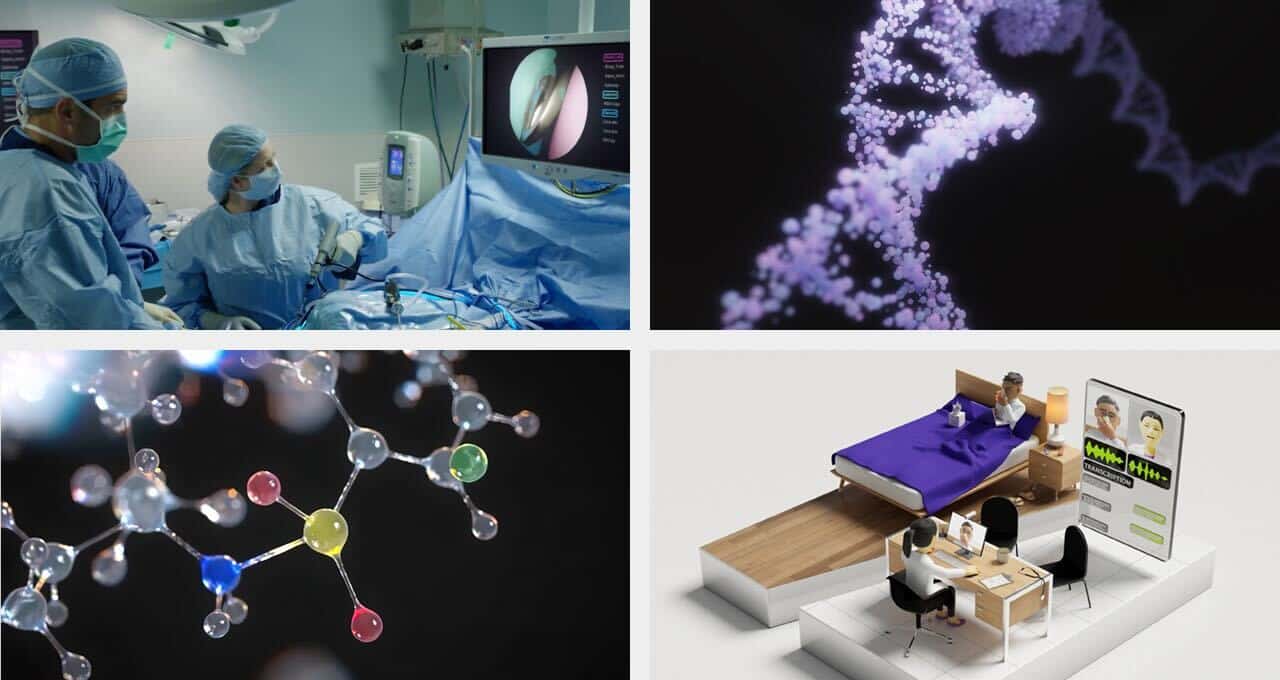Japanese Tech Firm Develops Revolutionary AI-Powered Healthcare System
A leading Japanese technology company has unveiled a groundbreaking AI-driven healthcare system, promising to transform patient care and medical diagnostics worldwide.

A major Japanese technology firm has announced the development of an artificial intelligence-powered healthcare platform that industry experts are calling a potential game-changer for global medicine. The system, revealed in early September 2025, integrates advanced AI algorithms with next-generation semiconductor technology to deliver rapid diagnostics, personalized treatment recommendations, and real-time patient monitoring.
The announcement comes at a time when Japan is aggressively investing in high-performance computing and AI infrastructure, as evidenced by the country's strategic trade deals and multi-billion dollar investments in semiconductor and pharmaceutical sectors. The new healthcare system leverages custom floating-point accelerators—hardware designed to maximize computational efficiency for AI workloads—allowing it to process vast amounts of medical data with unprecedented speed and accuracy. According to industry analysts, these advances could significantly reduce diagnostic errors and improve patient outcomes, particularly in areas such as oncology and chronic disease management.
International Collaboration and Technological Innovation
The development of this AI healthcare system is not an isolated effort. It is part of a broader trend of international collaboration in the tech sector, with Japanese firms forming alliances with partners in the United States, Singapore, and Europe. The recently launched "JOINT3" consortium, comprising 27 leading companies, aims to accelerate innovation in semiconductor packaging—a critical component for AI hardware. Hidehito Takahashi, CEO of Resonac, a key player in the consortium, stated, "Combining the complementary strengths and expertise of each company allows us to collectively address challenges in areas that were previously unreachable."
This collaborative approach is designed to ensure that Japan remains at the forefront of AI and semiconductor technology, even as global supply chains face increasing uncertainty. By pooling resources and expertise, the consortium hopes to overcome technical barriers and deliver solutions that address both technological and societal challenges, including those in healthcare.
Critical Perspectives and Geopolitical Context
While the Japanese government and participating companies have touted the healthcare system as a breakthrough, independent analysts urge caution. Some experts point out that official statements often overstate the immediate impact of such technologies, using optimistic projections that may not fully account for regulatory, ethical, or practical hurdles. There is also a tendency in state-linked Japanese media to frame these advancements as evidence of national technological superiority, a narrative that can border on techno-nationalism.
Private and independent sources from democratic countries have generally praised the technical merits of the system, particularly its use of custom AI accelerators and open-standard architectures like RISC-V, which avoid vendor lock-in and enhance security. However, they also highlight challenges related to data privacy, interoperability with existing healthcare infrastructure, and the need for transparent validation of AI-driven medical decisions. As one analyst noted, "The real test will be large-scale clinical deployment and independent peer review, not just technical demonstrations."
Despite these caveats, the consensus among international observers is that Japan's new AI-powered healthcare system represents a significant step forward. By combining cutting-edge hardware, advanced AI, and global collaboration, the initiative has the potential to reshape how healthcare is delivered—not only in Japan, but around the world.